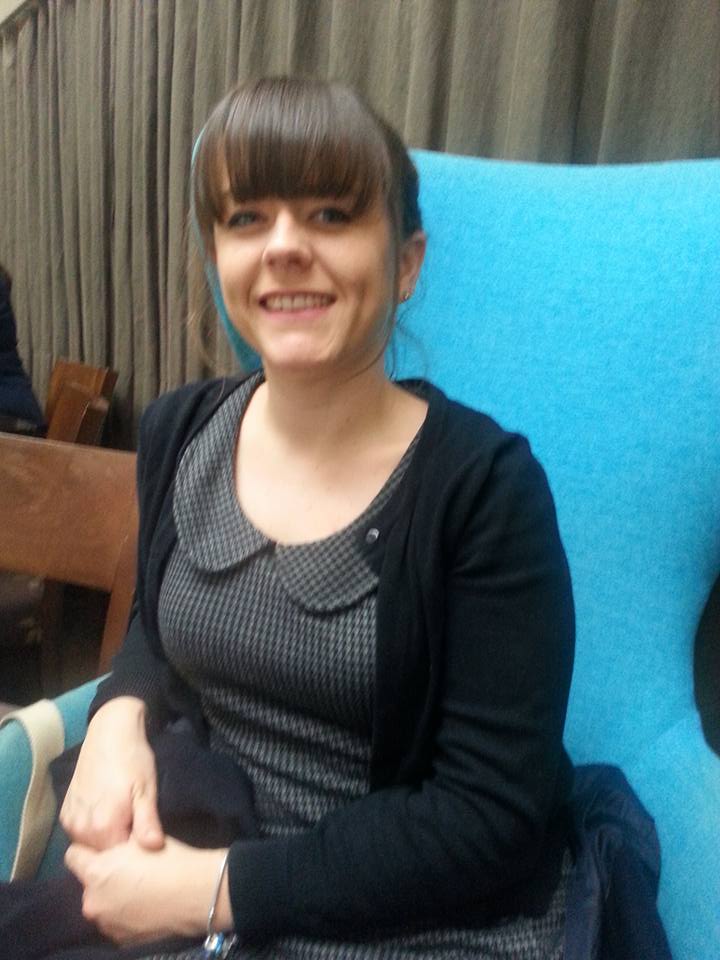
Graduate case studies
Even though many of our graduates will have progressed in their careers since completing a case study, they are still of interest to students who wish to gain an understanding of the world of work.
To assess and manage communication and swallowing difficulties in adults staying as inpatients on an acute stroke unit and a stroke rehabilitation unit. This includes completing assessments of both swallowing and speech and language abilities and making recommendations to help people with difficulties in these areas, or carrying out programmes of rehabilitation to aid with communication or swallowing difficulties.
In a typical day my main activities would be assessments or therapy session with patients. For swallowing difficulties, I may watch a patient eat and drink and provide recommendations to make swallowing easier and/or safer. For communication, I may trial tasks with patients and provide therapy activities to target areas of difficulty, such as producing single words, speaking more clearly or reading / writing. I may help the patient work towards specific goals they want to achieve. I am also likely to have discussions or meetings with other staff members or therapists and with patient's families during the day. I may also have meetings or discussions with other Speech and Language Therapists within the department, particularly about service improvement or financial or structural changes in the department. I also regularly complete training to raise awareness of communication and swallowing difficulties in other groups of professionals.
It is varied and is never boring! It is very rewarding, especially when you see an improvement in people over time. It's challenging and I am constantly developing my knowledge and skills.
No patient is the same and after a stroke, many difficulties can occur in a complex way, so it can be difficult to breakdown these difficulties in order to work out how to help someone.
It involves good people skills in order to be able to work as part of many different teams.
It also involves developing a good understanding of services, particularly all the complexities of the NHS.
It can be very busy at times due to growing patient populations and there are often problems with staffing.
Because I enjoy caring for people, talking to people and learning about other people's lives. I was looking for a career where I would be rewarded by my work through having a positive impact on the lives of others.
- Skills from my Psychology degree e.g. counselling
- Skills and knowledge from my masters in Speech and Language Therapy
- Understanding of biology / physiology
- Health care skills from working as a Healthcare Assistant
- People skills
- Conflict resolution at times
- Perceptual and observational skills
- Time management
- Being able to work under pressure
- Computer skills
- Literacy and numeracy skills
July 2013 - May 2014 - Healthcare assistant in a large city hospital
May 2014 - April 2016 - Speech and Language Therapist in a community hospital in Lincolnshire working with adults in hospital and in the community
April 2016 - May 2017 - Speech and Language Therapist in a large city hospital in the North East working with adults in hospital and in the community
May 2017 - present - Speech and Language Therapist working in the South West in acute and rehabilitation stroke units
To develop work-based skills by attending work-funded training and conferences and completing work-based competencies.
To work mainly in rehabilitation and community settings as a Speech and Language Therapist.
To gain experience of a wide range of Speech Therapy provision.
To gain more specialised skills in the area of Speech and Language Therapy.
You will love this career if you are caring and love working with people and being sociable, but also enjoy work in the area of health and medicine. Completing the degree allows you to consider all areas of Speech therapy (adult acute, adult learning disabilities, paediatric mainstream, paediatric complex needs) before you go into a job, and you are not restricted to a certain area by your degree, as all areas are covered.
You are likely to enjoy Speech Therapy if you are interested in practical aspects of linguistics and psychology and applying theoretical knowledge from these areas to clinical / educational practice and to real people.
Last updated: 20 Jul 2017

